Turkey is literally the bridge between Europe and Asia. Also, it really is the centre of the world. You can fly about everywhere from Atatürk Airport.
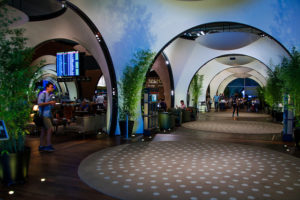
Image credit- Mitch Altman- Flickr
- The name of our country actually comes from “Turchia” which means “Anatolia”.
- Mustafa Kemal Atatürk is considered as our father. He is the founder of modern Turkey. Every year on the 10th of November Turkey stops for 1 minute on at 09:05 the time of his death.
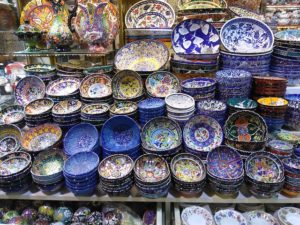
Image credit-Pixabay
- Istanbul’s Grand Bazaar is the largest and oldest indoor market. It was built in the 15th century.
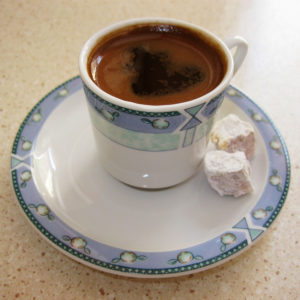
Image credit -AlmilaS -Flickr
- Turks introduced coffee “kahve” to Europe. We are proud of our coffee, it doesn’t taste like any other basic coffee. Its taste is strong and its preparation methods are very special. You don’t know what coffee tastes like until you’ve tried Turkish coffee.
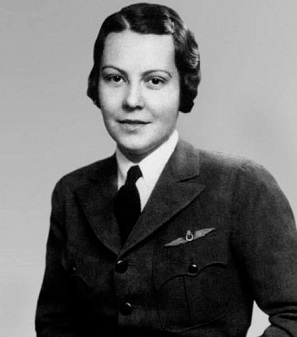
- We gave women the right to vote before most European countries and the United States. Women have been ‘equal” since the Hittite civilisation. Also, Sabiha Gökçen was the world’s first female fighter and Turkish pilot.
- Although the majority of the population is Muslim, Turkey is not officially Muslim. It has been a secular nation since 1927.
- Santa Claus was born in Turkey.
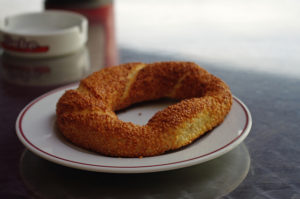
Image credit- Captain Orange
- Simit is a bagel covered with sesame seeds sold nearly everywhere in the street. So simple yet so good.
- Istanbul has a population 3 times larger than Ankara, the capital.
- Turkish Hollywood is called “Yeşilçam”. It is an important part of Turkish cultures and the movies are simply fascinating.
- Turkey introduced tulips to the world.
- Historic legends such as Homer the poet, Herodotus, St Paul were born in Anatolia.
- The world most precious silk carpet is located in a museum (Mevlana Museum) in Konya.
- Turkish food is more than just kebabs.
~Yasemin studies Chemical Science (2020)
Turkey is a city of contrasts, absolutely different people, from Muslims to gays, from rich to homeless, from Europeans to Asians.
And it’s amazing. A huge city with 20 million inhabitants, impressive size and atmosphere.
You may also like to read Istanbul: Traditional Yet Modern
Street food is awesome. You can find everything. But one of my favourites is a wet burger. No cheese, no lettuce, no pickles – absolutely nothing apart from a wet, sauced up garlic-tomato bun and cutlet. But it’s so delicious. The best place to buy is Taksim Square, the best producers are Kizilkayala or Bambi cafe.
~ Nataly Lytvyn, PR & Marketing Manager
You will not leave Turkey without trying “Adana Kebap” or any kind of another kebap. I highly recommend “Urfa Usta” in Aksaray (if I am misspelt something, I hope Turkish friends will correct me). There you will get additional side dishes and a glass of ayran. You should definitely try “Dolma” in grape leaves. And don’t forget to try street food.
~ Šarūnė Zybartaitė lived in Istanbul
Turkey is very agricultural and one of the few countries globally which can easily feed itself. The varied geography, access to the sea on 3 sides, and climate offer superb growing conditions for vegetables, seafood and livestock.
The incredible flavours which go into mezes, the olives and olive oils of the Aegean, the freshly baked bread in every village and city in the country, and most importantly, the time it takes to properly prepare the food to suggest that it’s hard to replicate in a restaurant in Berlin or Chicago.
~Dina Street, Self-taught with lots of trial and error, specializing in Turkish and Indian.
Street food depends on where you are.
For Istanbul, we can say “Pilavcı” :
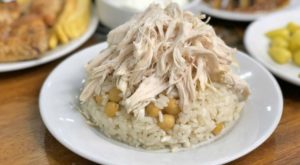
and also “Kokoreç“-
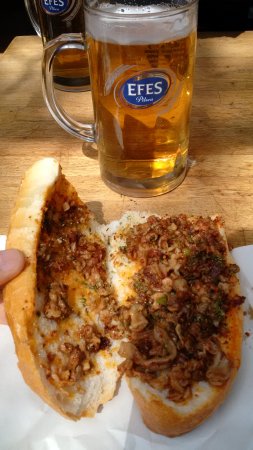
Image credit-Tripadvisor
Kokoreç or Kokoretsi is a dish of the Balkans and Turkey consisting mainly of lamb or goat intestines, often wrapping seasoned offal, including sweetbreads, hearts, lungs, or kidneys. The intestines of suckling lambs are preferred.
Kokorec recipe The offal, along with some fat, is washed and cut into 1/2″ to 3/4″ thick pieces, and lightly seasoned with lemon, olive oil, oregano, salt, pepper, and sometimes garlic.
The intestine is turned inside out and carefully washed, then rubbed with salt and often soaked in vinegar or lemon juice and water. The filling meats are threaded onto a long skewer and wrapped with the intestine to hold them together, forming a compact roll usually about 16″-24″ long by 1 1/2″ to 3″ in diameter.
Kokoretsi is usually roasted on a horizontal skewer over a charcoal, gas, or electric burner, and maybe basted with lemon juice and olive oil. A quite different preparation mixes the chopped innards with chopped tomatoes and green peppers and then cooks them on a large griddle with hot red pepper and oregano added.
The cook constantly mixes and chops the mixture using two spatulas. When done, the dish is kept warm aside on the griddle until someone orders a serving. The cooked kokoretsi is chopped or sliced, sprinkled with oregano, and served on a plate.
Sometimes it is served on a piece of flatbread. Some add tomatoes or spices in it. It may also (especially in Turkey) be served in half a baguette or in a sandwich bun, plain or garnished, almost always with oregano and red pepper.
In Turkey, common side dishes are pickled peppers or cucumbers. It is often seasoned with lemon, oregano, salt, a pepper, and typically accompanied by wine or raki.
For Eminönü(a district of Istanbul) “Balık Ekmek(fish)“:
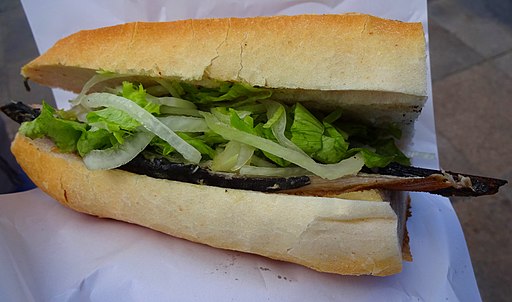
Extra: “Midye Dolma”(stuffed mussels)
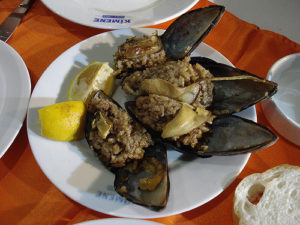
Another: “Kestane Kebap”(chestnut)
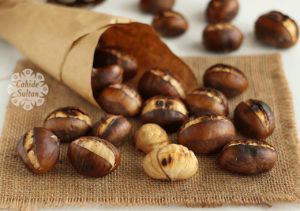
1280 × 902Images may be subject to copyright. Find out more
Kestane Kebap Nasıl Yapılır? | Pinterest |
“Kumpir”(baked potato):
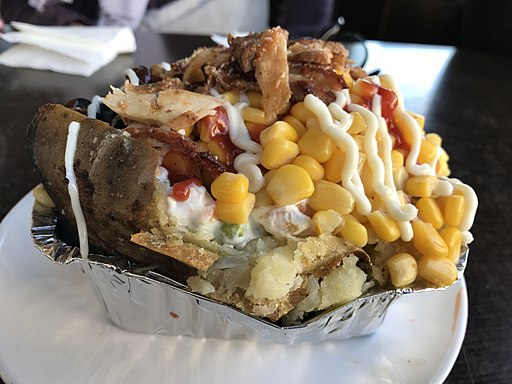
“Mısır”:(Corn)
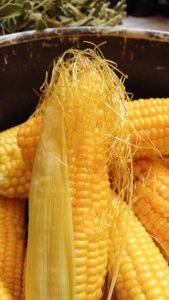
That’s the best. From city(Gaziantep): “Nohut Dürüm”(chickpea)

This looks great!
4.5